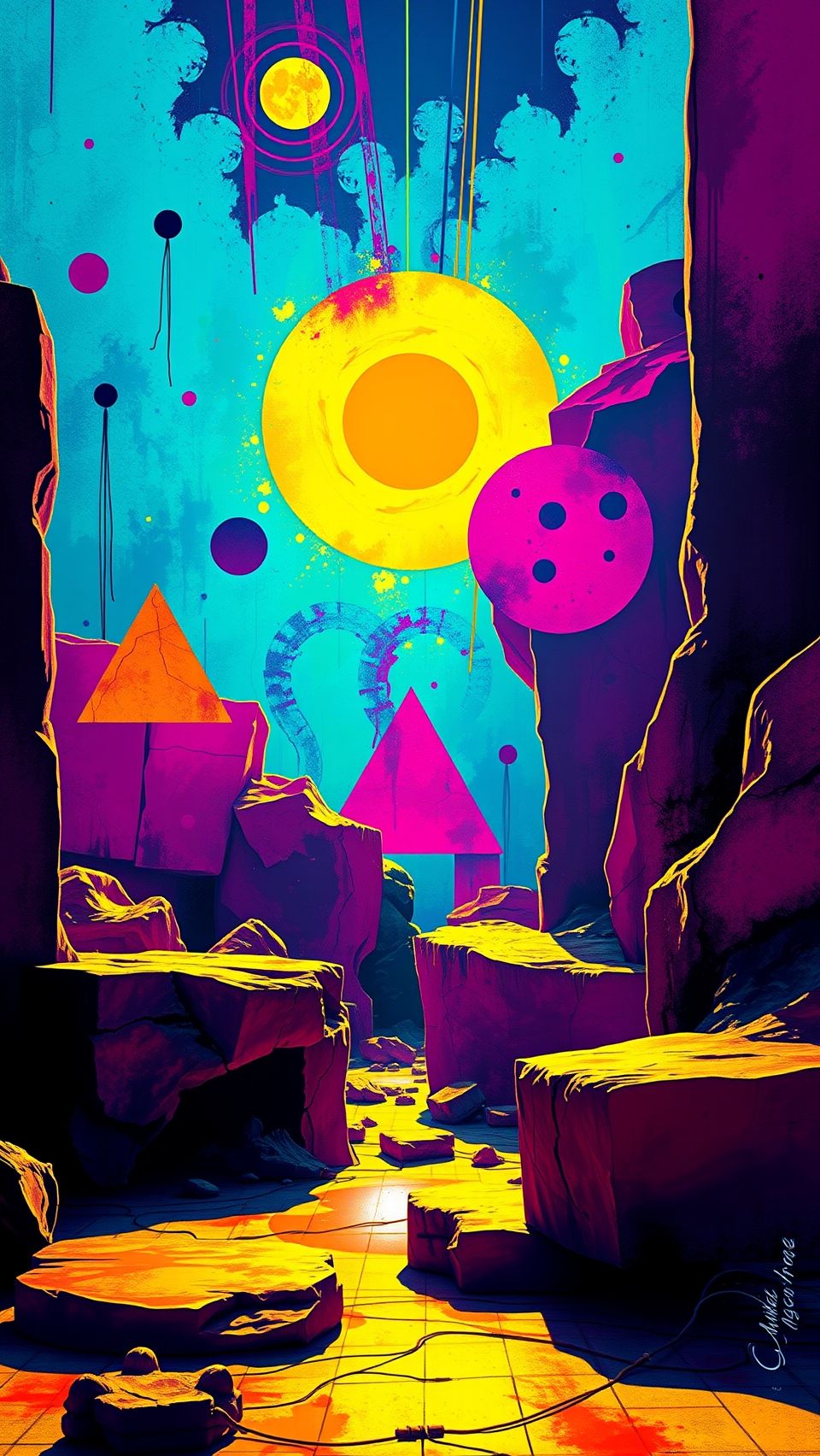06. February 2025
Unearthed After 2000 Years Pompeiis Forgotten Scroll Reveals Ancient Secrets Of Destruction And Survival

Researchers have made groundbreaking progress in deciphering an ancient scroll from Herculaneum, a Roman town ravaged by Mount Vesuvius’ devastating eruption in AD79. The scrolls, recovered from a Roman mansion, had been rendered unreadable due to the intense heat that turned the black ink into a brittle material.
The most significant discovery was made with the help of cutting-edge technology, which has successfully imaged the scroll PHerc. 172, housed at the Bodleian libraries in Oxford. This document is one of three Herculaneum scrolls preserved at the institution and had been virtually unrolled on a computer, revealing multiple columns of text that scholars are eagerly working to translate.
A peculiar word, διατροπή (disgust), appears twice within a few columns of text, piquing scholars’ interest. The development of digital imaging techniques has enabled researchers to peer inside the scroll without unwrapping it, utilizing 3D X-rays taken at Diamond, the UK’s national synchrotron facility.
This technology has paved the way for dramatic progress in digitally unrolling and reading the ancient texts. In 2022, three students from Germany, the US, and Switzerland won the grand prize of the Vesuvius Challenge, a competition that aims to advance our understanding of these scrolls.
Their success was a testament to the power of collaboration between librarians, computer scientists, and scholars of classical studies. Armed with only 3D X-rays of the works, they utilized artificial intelligence to detect where ink was present on the papyrus fibers, ultimately unlocking passages of ancient text.
The Oxford scroll, donated by Ferdinand IV, king of Naples and Sicily in the 19th century, holds the secrets of the epicurean philosopher Philodemus. The scroll’s contents explore sources of pleasure, from music to food, and ponder whether pleasurable experiences arise from abundance or scarcity.
Richard Ovenden, Bodley’s librarian, reflected on the significance of this achievement: “It’s an incredible moment in history as librarians, computer scientists, and scholars of the classical period are collaborating to see the unseen. The astonishing strides forward made with imaging and AI are enabling us to look inside scrolls that have not been read for almost 2,000 years.”
As researchers continue to unravel the mysteries hidden within these ancient texts, we are reminded of the enduring power of knowledge and the importance of preserving our cultural heritage for future generations.